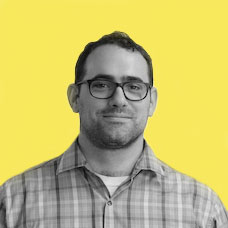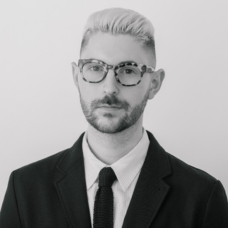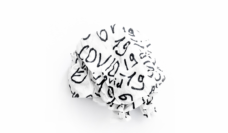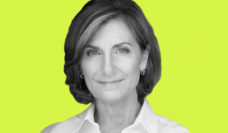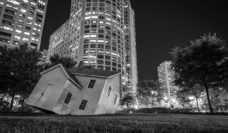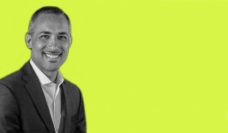Public Health Post: What was your focus of work before the Covid-19 pandemic?
Heidi Larson: My primary focus of work over the past decade has been on building The Vaccine Confidence Project™ at the London School of Hygiene & Tropical Medicine. A large part of that effort has been around confidence building in the context of outbreaks such as Zika and Ebola, particularly around Ebola vaccine trials. I am coordinating an EU-funded consortium called EBODAC – Ebola Vaccine Deployment, Acceptance, and Compliance – where we focus on trust building, community engagement, and risk and rumor management, initially in Sierra Leone and now in the Democratic Republic of the Congo and Rwanda.
In our global vaccine confidence research, we continue our global social media monitoring to understand public sentiments around vaccines. We have developed a Vaccine Confidence Index™ to have a global metric that can be compared across countries and over time, which is especially important given the current volatility of vaccine sentiments. By understanding these sentiments, we hope to bring a new evidence base for policy decisions, one that is more sensitive to the public.
I have also spent a good bit of time over the past few years on writing a book, which is coming out this summer with Oxford University Press – Stuck: How Vaccine Rumors Start – and Why They Don’t Go Away. It examines all the deeper reasons that we are facing such questioning and resistance to vaccines among some people – and why fact checking is not going to solve the problem.
How has this pandemic changed your work and the way you think about public health?
In the context of Covid-19, we have repurposed our social media data collection and analytics as well as our expanded our Vaccine Confidence Index™ to include Covid-related questions. We aim to understand sentiments and emotions around four key Covid-19 interventions: social distancing/isolation; handwashing/sterilization; treatments (real and perceived); and anticipating a vaccine. We hope to inform how to best keep the public engaged and address their concerns during this challenging time.
My focus has always been on the public in public health, recognizing that we need to consider what else is going on in the lives of people and communities that may influence their health decisions. The Covid-19 pandemic has only made that concern feel even more pressing as we see people losing their jobs, isolated from friends and extended family, and with children unable to go to school. All these emotions and experiences can make or break their trust in government and local authorities and influence their health decisions.
What is a lesson learned during the response to Covid-19 that will inform your future work?
The Covid-19 response has really impressed upon me the importance on being able to shift gears, adapt, and be nimble and responsive to new realities. I am lucky to have a fantastic team at the Vaccine Confidence Project, and they have been willing and flexible with multiple new demands. One key lesson learned is that all the hard work of the past decade – during which time our team developed a rapport to task-shift as needed and share responsibilities – has paid off in how we took on the new challenges of Covid-19. It has made us stronger and our future work will keep that spirit alive.
Editor’s note: This is part eight in a series of Profiles exploring the coronavirus pandemic with thought leaders in public health. You can read parts one, two, three, four, five, six, and seven here.
Photo courtesy of Heidi Larson










